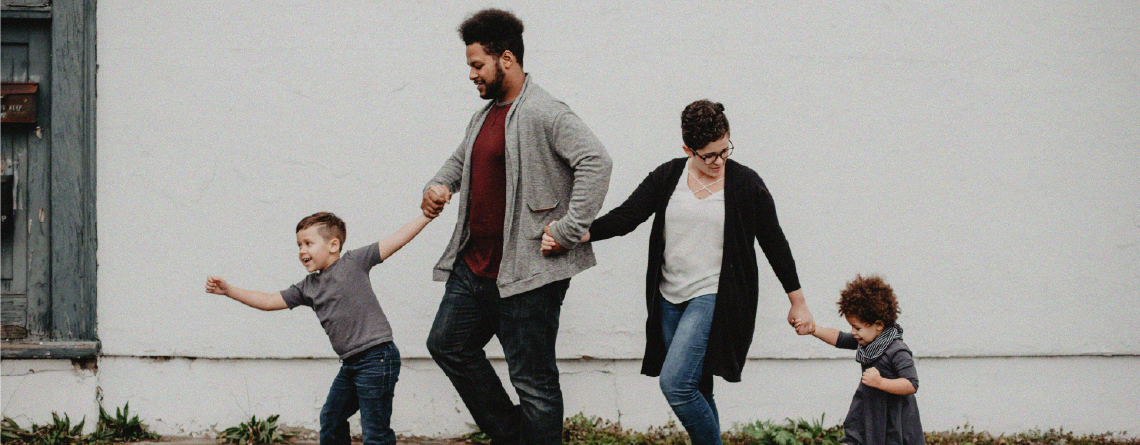The Importance of Self-Care for Foster Parents and Caregivers
“You can’t pour from an empty cup.”
Foster parents and caregivers are beacons of selflessness and champions of patience, but the demands of caretaking can wear any person down after a while. When things get rough—and before things get rough—it’s important to safeguard your own health and well-being. With some intentional self-care, you can help both yourself and your loved ones thrive.
What Is Self-Care?
Self-care refers to the practice of individuals consciously taking action to preserve or improve their own wellness. In essence, self-care means taking the time and making the effort to attend to your own well-being so that you can maintain your health, manage stress, and function at your best. This benefits both yourself and those who depend on you.
Why Is Self-Care Important?
Caring for others, especially children in the foster care system or elderly family members, feels rewarding yet taxing. It involves managing physical, emotional, and psychological demands and can lead to low energy, stress, and even compassion fatigue. In order to maintain the ability to provide quality care, caregivers and foster parents need to replenish their resources through self-care. A consistent self-care routine aids in managing stress, preventing burnout, and maintaining overall physical and mental health.
Clinical studies have shown that self-care can:
- Reduce or eliminate anxiety and depression
- Reduce stress
- Improve concentration
- Increase happiness
- Reduce the risk of stroke and heart disease
Practical Self-Care Tips for Foster Parents and Caregivers
Ready to explore self-care strategies? Here are some of our best tips for self-care:
- Prioritize physical health: Regular exercise, a balanced diet, and adequate sleep are all essential aspects of self-care; strive for them as much as possible. Try scheduling time for exercise or meal planning, incorporating a short walk into your daily routine, or snatching a few mindful moments between tasks.
- Boost your mental health: Engage in activities that bring joy, such as reading, gardening, or listening to music. Practice mindfulness, meditation, and other techniques for relieving stress.
- Use social support: Connect with friends, family, or support groups. Sharing experiences and feelings with others can offer relief and perspective.
- Set boundaries: Know your limits and communicate them effectively. Saying ‘no’ when necessary protects your well-being.
Creating a regular self-care routine is not an act of selfishness but rather an essential tool that enables foster parents and caregivers to provide the best possible care to others. It’s also a vital part of experiencing the joy that life and loved ones have to offer. We believe in the hard work you do, foster parents and caregivers, so make sure to treat yourselves with kindness.
